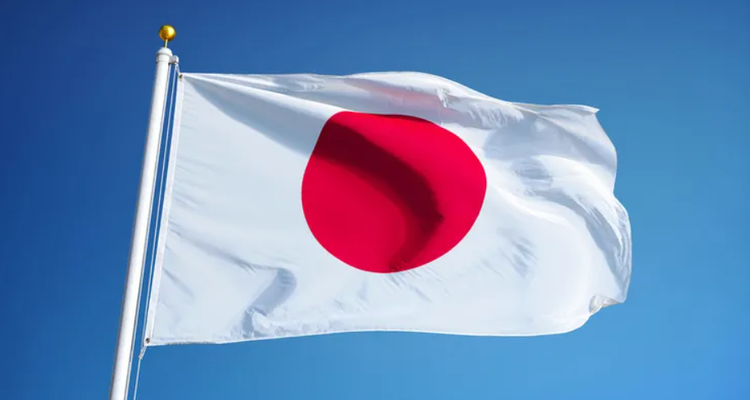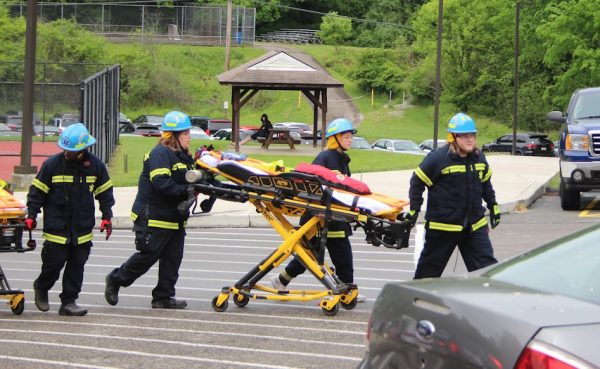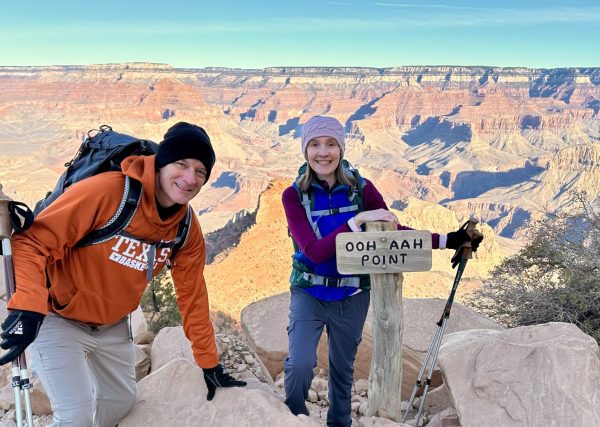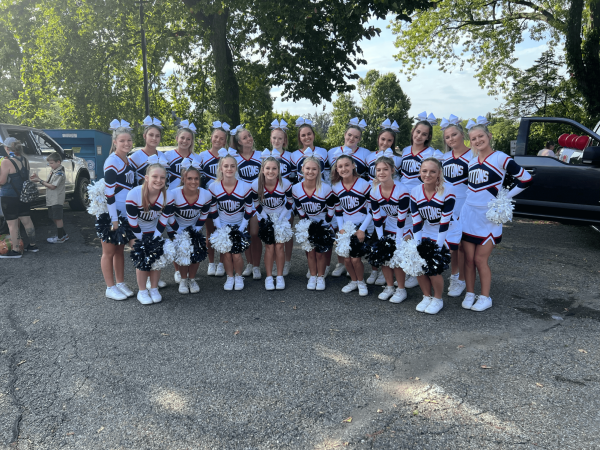Japanese Honor Society provides a safe space and cultural experiences
The Japanese National Honors Society (JNHS) is an experience in which students in the Japanese program can learn more about Japanese culture. For some, it’s a second home and a place they can comfortably express themselves and their love for Japanese through cultural based activities and events. It is also known for its comfortable and stress-free environment where others can have fun learning about their interests and sharing it with people of the same.
“It’s a safe space where anyone can relax and simply have a good time. In another sense, it’s also like one big family considering how small the Japanese program at Shaler is,” senior Mai Swendsen, JNHS president, said.
The Japanese National Honor Society consists of about 37 members this year which makes it easy to develop a close relationship with participating members. The cultural aspect spreads across a wide spectrum making the learning opportunities that much more exhilarating.
“We do everything from traditional Japanese activities such as Shogi (Japanese chess), Sado (tea ceremony), Japanese calligraphy, Ickamana (Japanese flower arrangements). Ever so often we watch movies and I try to choose movies that are harder to find,” Mr. Steve Balsomico, Japanese teacher, said.
The culture that surrounds not only the JNHS, but the Japanese program as a whole, is what makes the language class so unique. What’s beautiful about culture is the way that it affects others. Since JNHS specializes in culture, how the events affect the participating members is essential.
“The biggest thing about JNHS for me is how it has exposed me to so many things from Japanese culture. Every event that I have participated in opens the gate to new and exciting ideas and concepts that I wouldn’t be able to find in American culture. There’s such a distinct difference between the two, and I’ve learned to appreciate the value of these differences,” Swendsen said.
One particular, memorable event Swendsen remembers and said she enjoyed the most was the folding crane event in her freshman year. A legend says that if one was to fold 1,000 origami cranes, he/she would be granted one wish. In light of the Tree of Life Synagogue shooting that took place that year, students were instructed to fold 1,000 origami cranes as a tribute. They would string the cranes into a decorative display and donate them to the synagogue.
“I remember that my friends and I would take home tons of sheets of origami paper every day, and the next day, we would excitedly talk about how many origami cranes we were able to fold the day before. It was thrilling knowing that we were doing something good for the community. In the end, we did fold all 1,000 origami cranes.”
Mr. Balsomico and Swendsen each have important roles in organizing JNHS. Swendsen’s many responsibilities include planning out logistics, making sign up sheets, gathering materials for events, and acting as an ambassador for the students. She also acts as a motivator for Balsomico to actually plan numerous activities.
“He is also a busy person, so staying on top of things for him allows him to actually plan and do more JNHS events.”
This can be tedious work for Mr. Balsamico; incorporating fun with education is no easy task. To keep students interested enough to continue coming after school so it doesn’t feel like a chore, but something to look forward to, can be challenging. Luckily with Mr. Balsomico’s spirited, lively character, he creates a comfortable environment for students to enjoy.
“It is something that I will say I enjoy doing, but there is no doubt in my mind that it is a job,” he said.
In recent times, of course, JNHS has changed. Due to COVID-19, activities have been cancelled or restricted. Because there weren’t many activities that they were able to do safely, there were few meetings and little participation due to the hybrid/ virtual instruction model.
Thankfully, the society is recovering. Extensive planning have gone into this year’s activities so students can participate safely. As the year continues students are still encouraged to stick around after school and indulge in Japanese culture. Everyone is welcome.
“To those not in JNHS who are taking Japanese right now, I would definitely encourage them to get involved. Not every activity appeals to everyone obviously, but I’m sure that there is at least one thing for everyone,” Swendsen said. JNHS is also a good space to meet and talk with people with similar interests since everyone in JNHS is in the Japanese program. Regardless, those not currently a part of JNHS are always welcome, no matter what.”

Hi, I’m Kamaria and this is my second year being a part of the staff for the newspaper. I really love anything that has a story. I do some stuff for...







